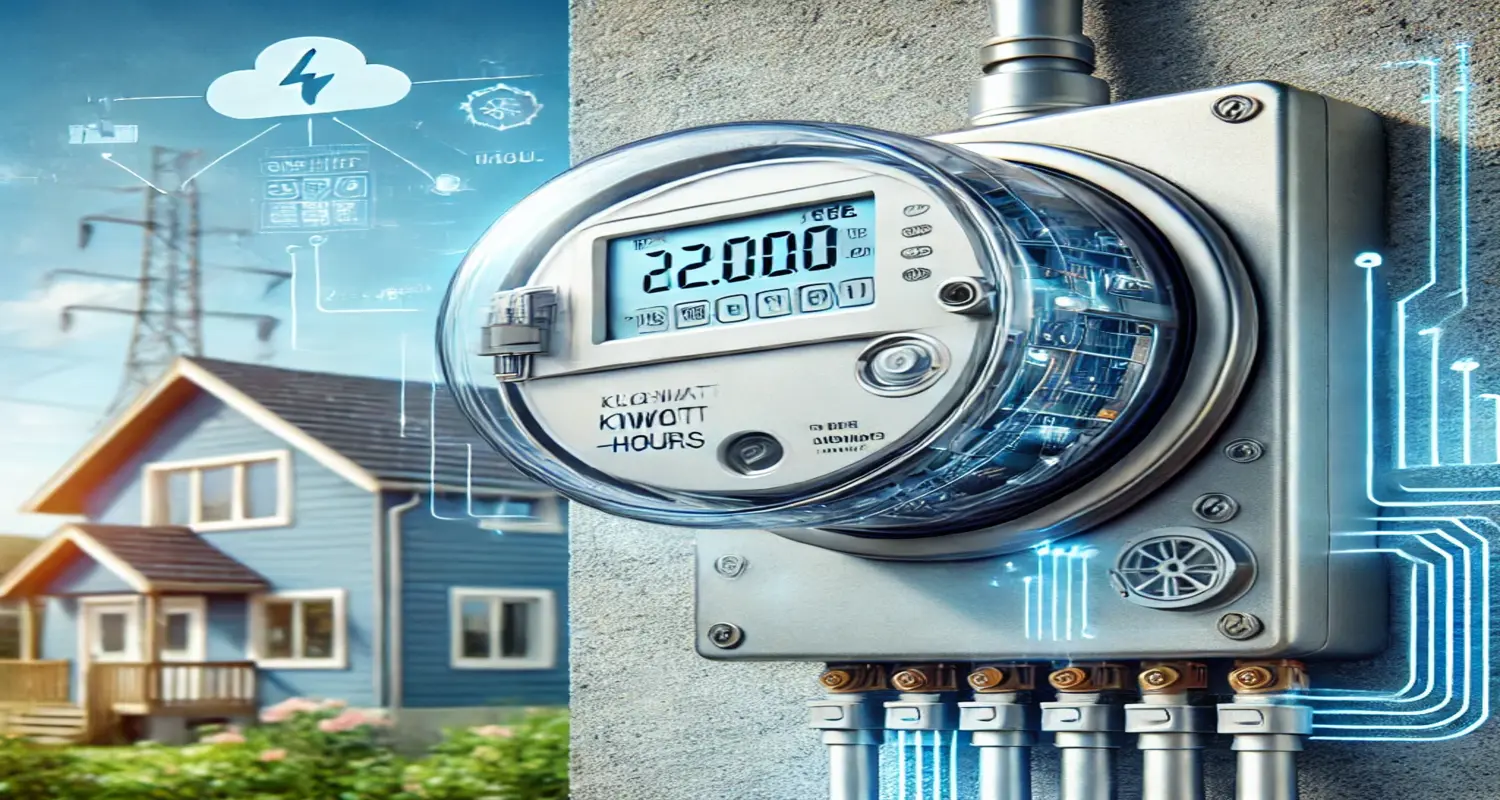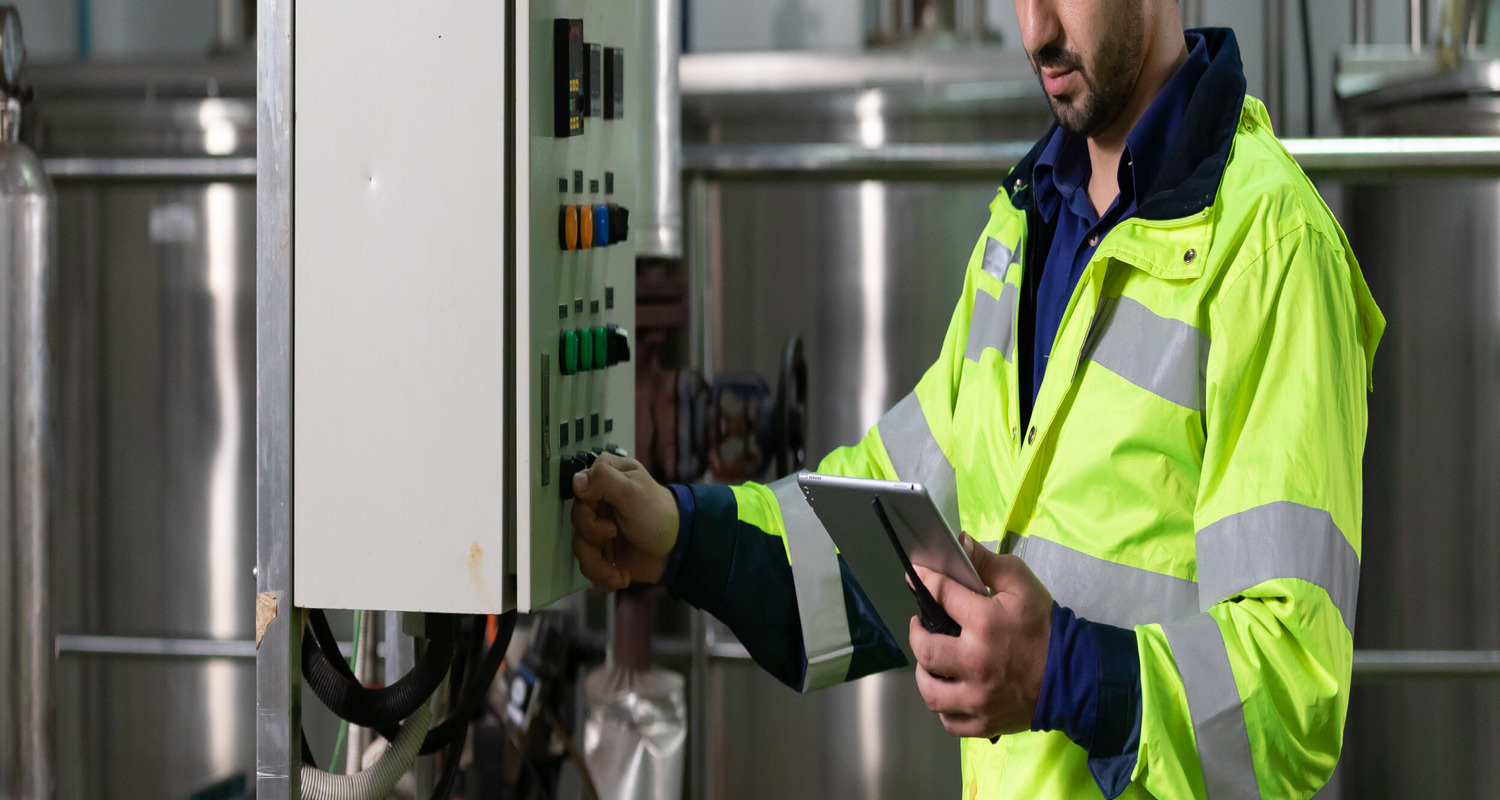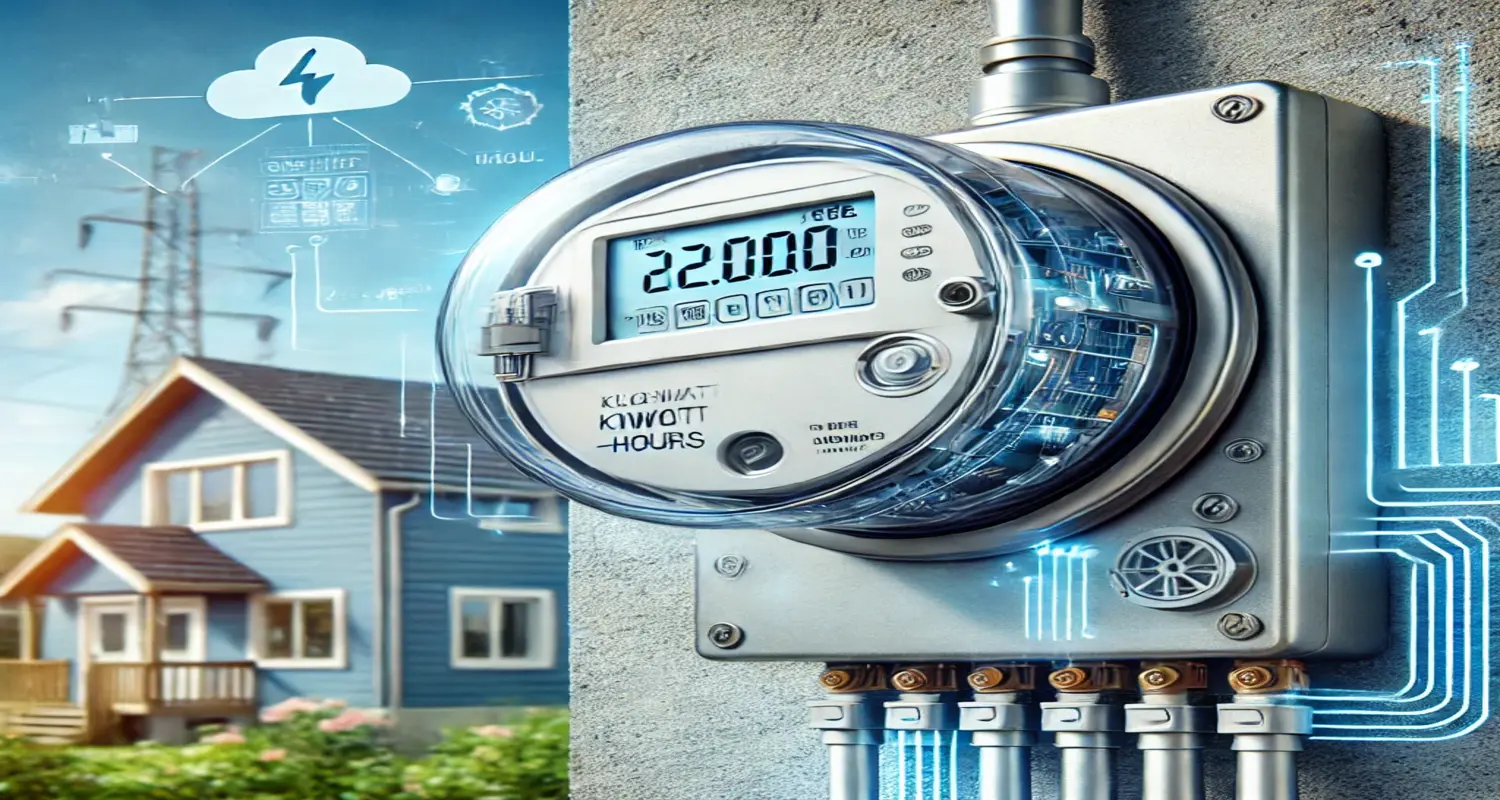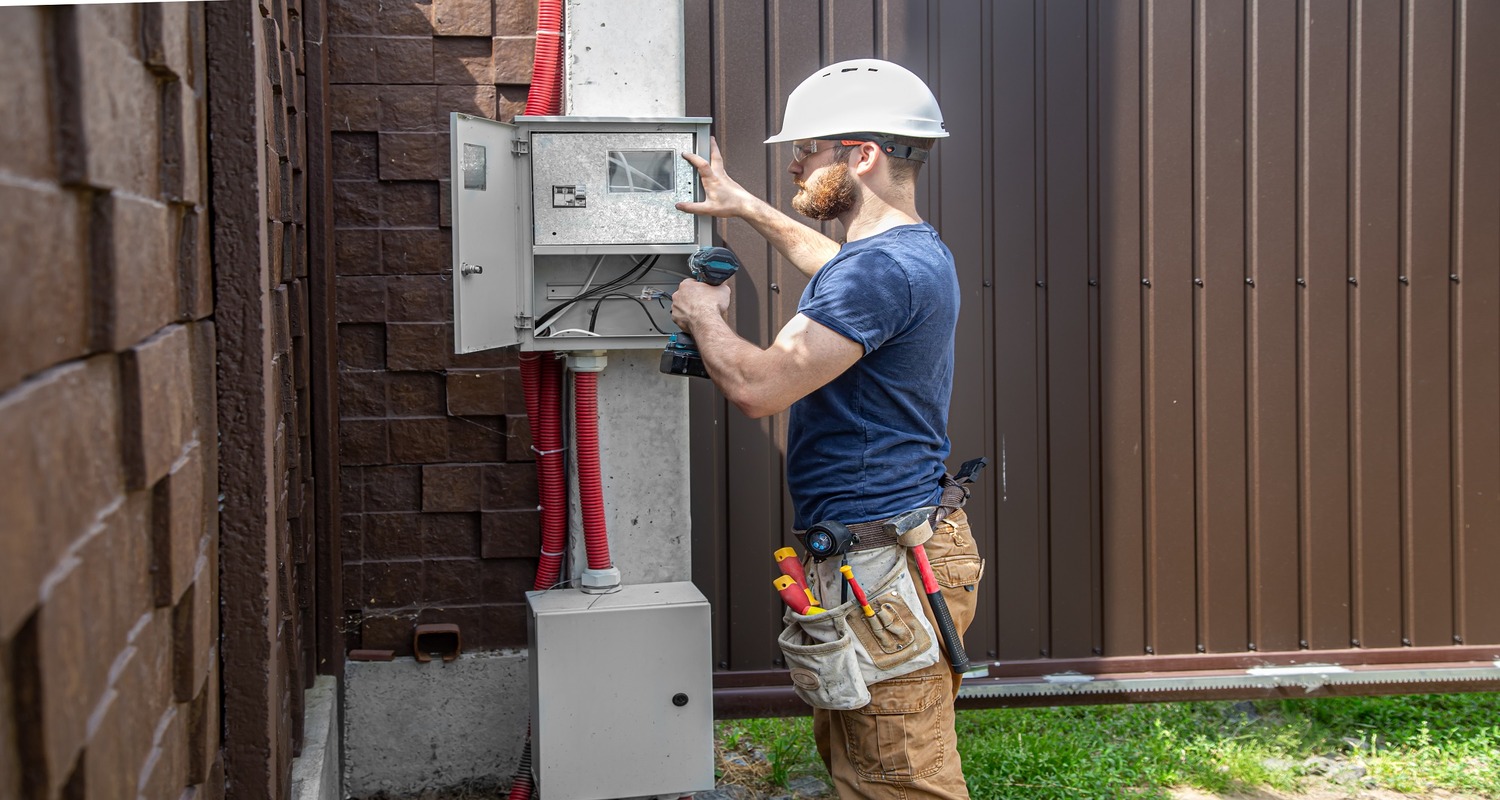
جزئیات خبر
Smart Meters



Smart Meters
Introduction
In today's modern world, new technologies play a crucial role in improving efficiency and resource management. One of these technologies is smart meters, which are used in various sectors, including electricity, gas, and water. Smart meters are essential for optimizing energy and resource consumption by providing accurate and real-time information, offering better management for both consumers and providers.
What is a Smart Meter?
A smart meter is a digital measuring device that records and transmits real-time consumption data of electricity, gas, or water to data centers. Unlike traditional meters that only display usage amounts, smart meters automatically send information to utility companies, eliminating the need for manual reading.
Benefits of Smart Meters
1. High Accuracy in Measurement: Smart meters accurately measure and record energy consumption. This high precision ensures that consumers are charged based on actual usage.
2. Energy Management: Smart meters allow users to monitor their energy consumption in real-time, enabling them to optimize it. This helps reduce costs and energy consumption.
3. Reduction in Human Resources: With smart meters, there is no longer a need for personnel to manually read the meters. Consumption data is automatically sent to service providers.
4. Prevention of Energy Theft: Another advantage of smart meters is the ability to detect energy theft or unauthorized consumption. These meters can identify anomalies in usage and automatically issue alerts.
5. Improved Grid Management: Utility companies can use real-time data from smart meters to better manage the distribution grid and make necessary optimizations in critical situations.
Applications of Smart Meters
1. In Electricity: Smart electricity meters help users control their energy consumption during peak hours and take advantage of variable time-of-use tariffs.
2. In Gas: Smart gas meters enable distribution companies to monitor gas consumption accurately and help in detecting leaks and unauthorized usage.
3. In Water: Smart water meters contribute to better management of water resources and are effective in detecting water leaks and preventing waste.
Challenges of Implementing Smart Meters
1. Initial Costs: Implementing smart meters requires initial investment. While these costs are offset over time through reduced energy expenses, the upfront cost can be a barrier.
2. Data Security: One of the primary concerns regarding smart meters is the security of the data collected. Since these devices are connected to information networks, there is a risk of hacking and unauthorized access to consumer data.
3. Consumer Resistance: Some consumers may resist adopting smart meters due to unfamiliarity with the technology or concerns about privacy.
Conclusion
Smart meters are a key tool in optimizing energy and natural resource consumption. Given the many advantages of this technology, including high accuracy, cost reduction, and improved grid management, it is expected that smart meters will soon become a standard in the energy industry. However, attention must be paid to the security and cost challenges associated with this technology.
Smart meters offer significant benefits not only for consumers but also for service providers, helping reduce energy waste and increase overall efficiency.




0 نظر